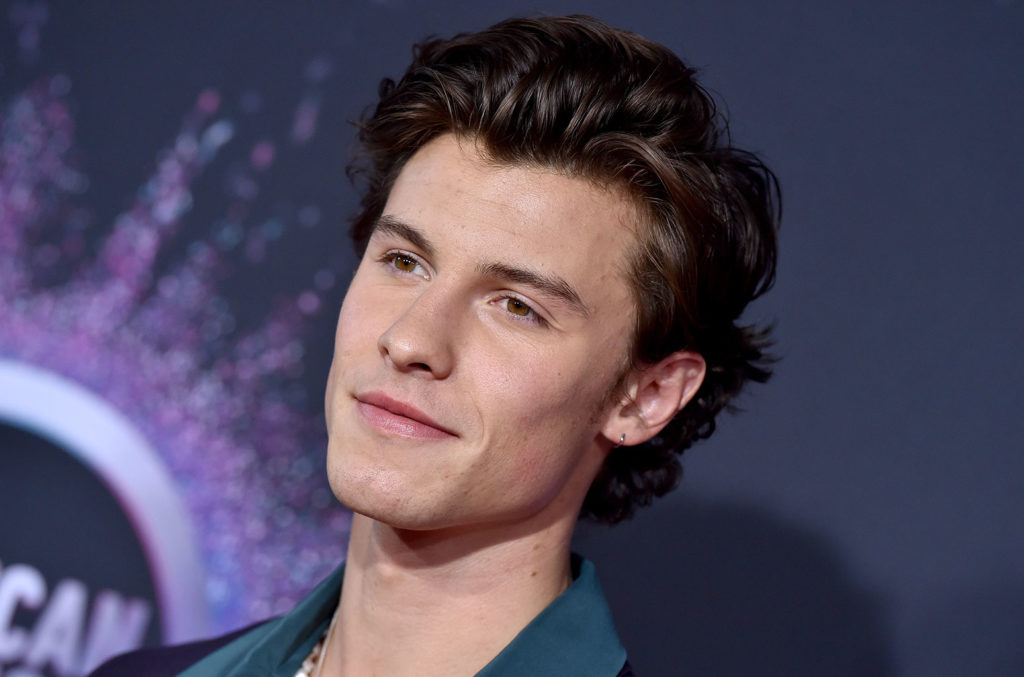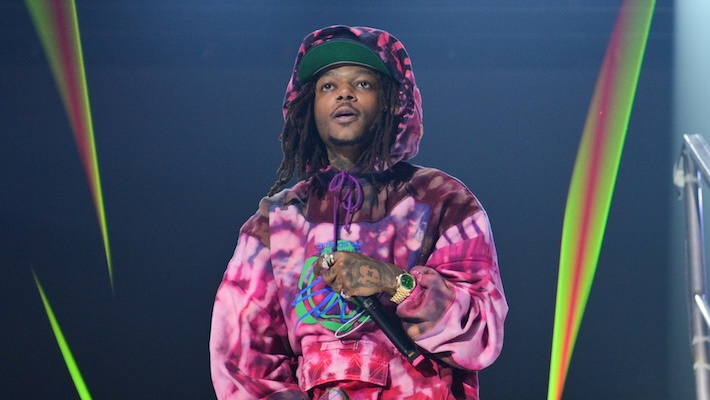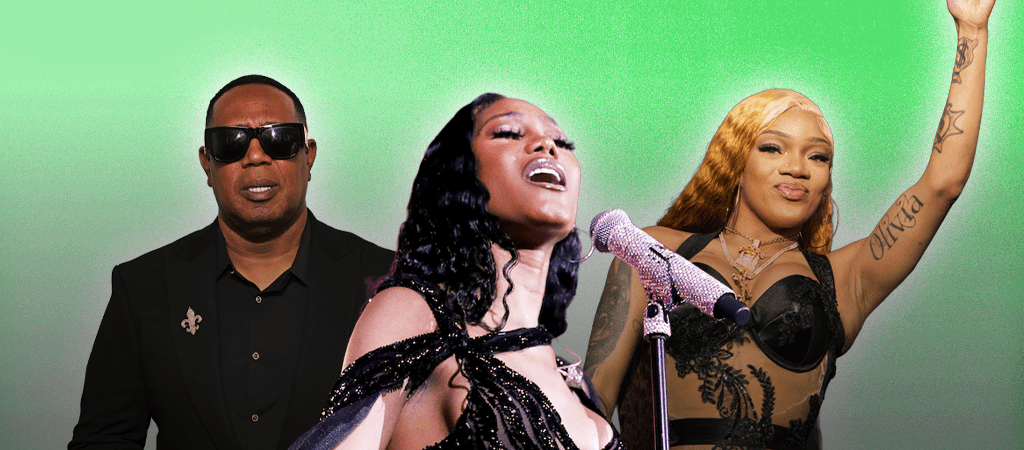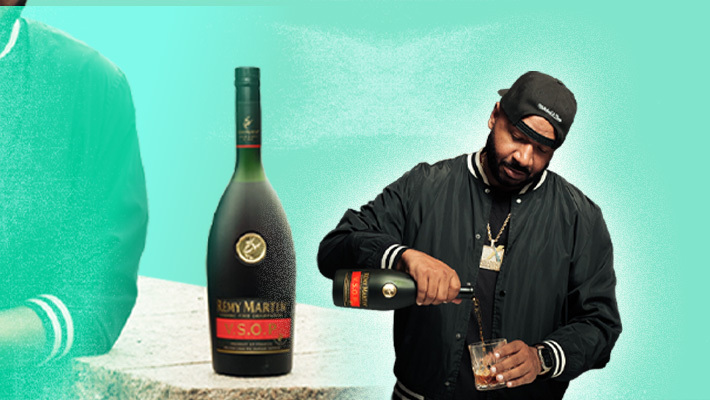If an awards show is held virtually, with no audience on hand to cheer the winners and no acceptance speeches, even patched in from afar, do the awards still count? You bet they do. Artists shouldn’t be penalized because of the strange times we live in. A record’s a record and Shawn Mendes set a truly historic record at the 49th annual Juno Awards, which was held virtually Monday (June 29).
Mendes became the first artist in Juno Awards history to win single of the year three years running. He won this year for “Señorita,” his sensuous collab with Camila Cabello. He won the last two years with “There’s Nothing Holdin’ Me Back” (2018) and “In My Blood” (2019). Anne Murray, Glass Tiger and Alanis Morissette had each won the award two years in a row.
Mendes also became just the second artist to win artist of the year two years running. The Weeknd won in 2015-16. This brings Mendes’ collection of Junos to an even 10. The artist, who was born in Pickering, Ontario is just 21.
Alessia Cara, who was originally set to be the show’s host before the coronavirus-forced cancellation, won three awards—album of the year and pop album of the year for her sophomore album, The Pains of Growing, and songwriter of the year. She’s the first woman to take album of the year since Carly Rae Jepsen won in that category seven years ago for Kiss. Cara is the first woman to win songwriter of the year since Serena Ryder took the prize six years ago.
Cara had been this year’s top nominee, with six nods.
The Junos were originally slated be held March 15 at the SaskTel Centre in Saskatoon, Saskatchewan.
Avril Lavigne won the Fan Choice award—the only award voted on strictly by fans—for the third time. She had won it in 2005 and again last year. Only two other artists have won three or more times since the category was introduced in 2003. Justin Bieber leads with five awards. Michael Bublé has also won it three times. (Bieber was among the nominees in that category this year.)
Torey Lanez became the first artist in Juno Awards history to win rap recording of the year (“Freaky”) and R&B/soul recording of the year (“Feel It Too,” a collab with Jessie Reyez and Tainy). Lanez had the year’s second most nominations (five).
Billie Eilish’s blockbuster debut album When We All Fall Asleep Where Do We Go? won international album of the year. It also took that award at the Brit Awards in the U.K. on Feb. 18. It won the Grammy for album of the year on Jan. 26.
Bryan Adams took adult contemporary album of the year for Shine a Light. It’s his 17th Juno, which puts him in third place among all artists in Juno history, behind only Céline Dion and Murray. The album was also nominated for album of the year, but lost to Cara. Adams teamed with Ed Sheeran to co-write the title track for Shine a Light.
Lennon Stella took the award for breakthrough artist of the year. Neon Dreams won breakthrough group of the year. (Neon Dreams had won the Allan Slaight JUNO Master Class award in 2017. They are the first act to graduate from that award to a competitive Juno.)
Loud Luxury took the award for group of the year. Last year, they won the award for dance recording of the year.
Cara, Neon Dreams, indigenous artist iskwē, and bluegrass ensemble The Dead South (which won traditional roots album of the year) performed during the show.
The show opened with a message of support for the global push for racial equality — and a rather remarkable moment of self-criticism. Musician-broadcaster Odario Williams noted that, though the Junos got underway in 1970, it took 15 years before they added soul and reggae categories. Moreover, he added, the first rap award wasn’t presented until 1991 and the first award for indigenous music wasn’t presented until 1994.
No mention was made of Jann Arden, who was voted into the Canadian Music Hall of Fame this year.
The In Memoriam roll call included such noted Canadian talent as Leon Redbone and Neil Peart of Rush.
Next year’s Junos, the 50th, will be presented in Toronto. The mayor of the thwarted show in Saskatoon good-naturedly passed the baton—virtually of course—to the mayor of Toronto.



